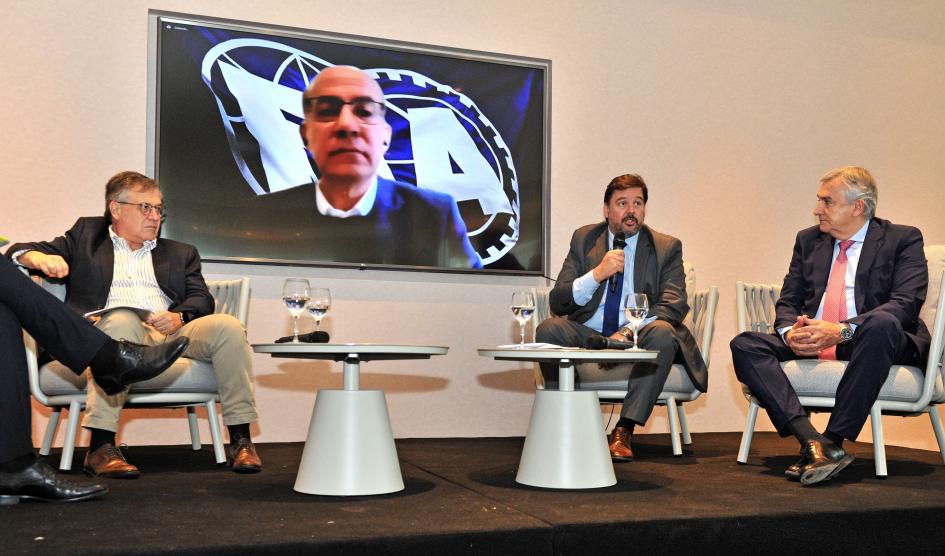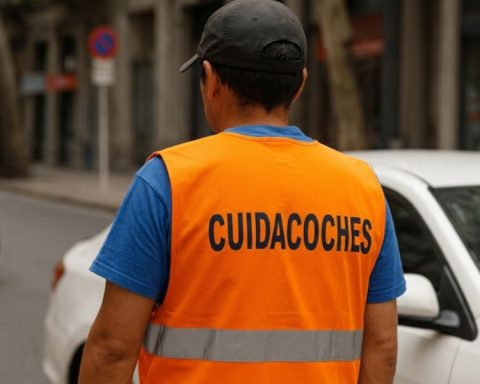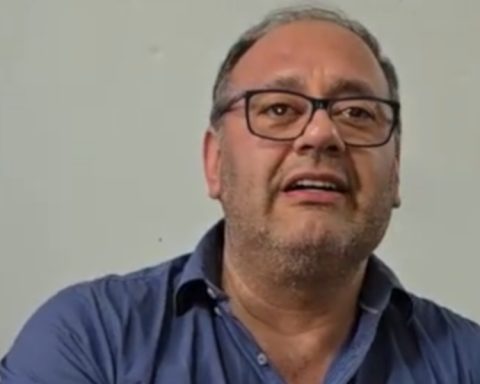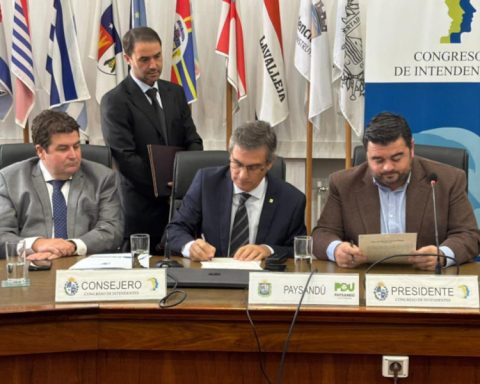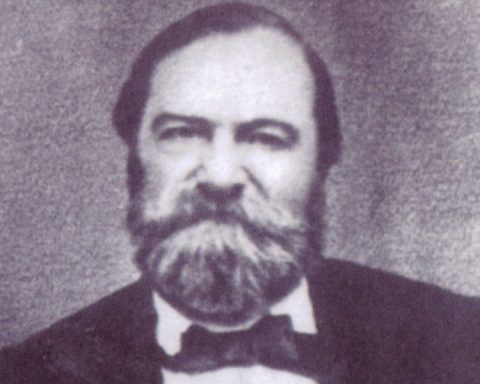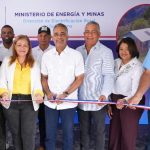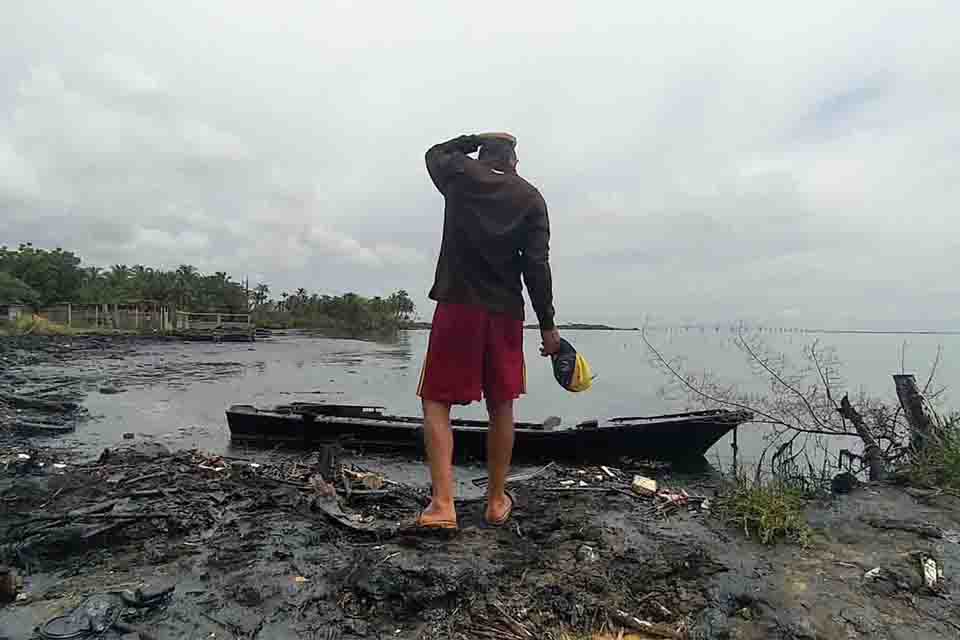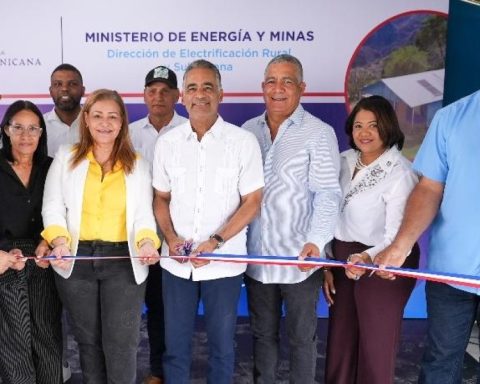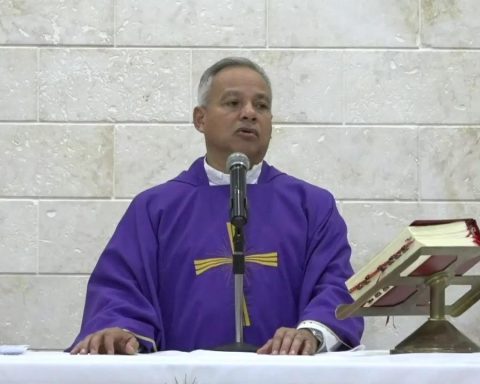Within the framework of the II International Forum on Electric Mobility, the Ministers of Industry and Environment, Omar Paganini and Adrián Peña, respectively, spoke about the challenges for this sector in the future of the country. In this sense, they agreed that the challenges lie in financing, charging points, and regulation to control waste from this type of battery.
The II International Forum on Electric Mobility took place this Friday the 25th in the city of Maldonado. The Ministers of the Environment, Adrián Peña; Industry, Energy and Mining, Omar Paganini, and Tourism, Tabaré Viera; the Undersecretary of Industry, Walter Verri; and the national director of Energy, Fitzgerald Cantero.
In the first panel, Paganini pointed out that the portfolio he directs is working on the decarbonization of the entire energy matrix and that there is still 40% that depends on fossil fuels. “It is to advance in a scheme of less risk and less international volatility, and, in this sense, it is necessary to take the step towards electric mobility,” he considered.
The hierarch recognized that decarbonising the industry and long-distance transport is the most difficult, so the work is being carried out, in the first instance, on family vehicles. In addition, he stated that there is a financial challenge, as well as difficulties in the charger infrastructure. Paganini valued what the Government has done in this matter.
On the other hand, he pointed out that it is necessary to work to control battery waste. In this way, they would be given a second use and the environmental risk would be avoided after the end of their useful life.
He also mentioned the challenges related to infrastructure, especially at charging points, and that efforts are being made to encourage the installation of these by private parties, in parking lots.
Minister Peña stressed that at the international level it is not possible to reduce emissions or lower global warming levels and that this is the great challenge for humanity. In addition, he stressed that Uruguay’s emissions do not come from the energy sector, but from agriculture, unlike the rest of the world.
“If we talk about carbon dioxide, between 60 and 80% of emissions are explained by transportation, and that is where the Government must work,” he considered, and recalled that Uruguay has a global commitment in this regard.
He also assured that the Ministry of the Environment is working on a national sustainable mobility plan, which implies a cultural change. “This plan includes incorporating environmental, social, and economic elements,” emphasized the chief.
Regarding the decree related to the waste generated by the batteries, Peña said that it orders the management and transfers the responsibility to whoever places the battery on the market.
UTE will enable payment with credit cards for charging electric vehicles
In the second panel, the president of UTE, Silvia Emaldi, and the head of Ancap, Alejandro Stipanicic, spoke.
Emaldi explained that the organization defined lines of action in the incorporation of hydrogen and the substitution of fossil fuels for the use of electricity, both at home and industrial level.
In relation to electric mobility, he said that there is a demand of 20%, and that the company plans to make an investment of 1,380 million dollars for the next 5 years, of which 70% will be destined to strengthen the transmission networks and Distribution of electrical energy.
Currently, there are 150 charging points at Ancap stations and departmental governments. For next year, it is expected to have one every 50 kilometers on national routes, as well as to increase the number of fast devices, which allow charging to be completed in 20 minutes. By 2023, it is expected to reach 100 of these.
Likewise, he stated that in the coming months payment with credit cards will be enabled for recharging electric vehicles. “The idea is to facilitate access to charging points, to customers, and that these points are also always available,” he said.
Stipanicic, meanwhile, considered that electromobility is only part of the decarbonization problem and that it is a slow process that must be developed responsibly. “It must be sustainable and reliable,” he added.
According to the chief, Ancap’s strategy is based on reducing emissions from the refinery. In addition, he expressed that the company must position itself as a biofuel producer and that it is working to use the wind potential in the sea in order to produce hydrogen on a global scale.
